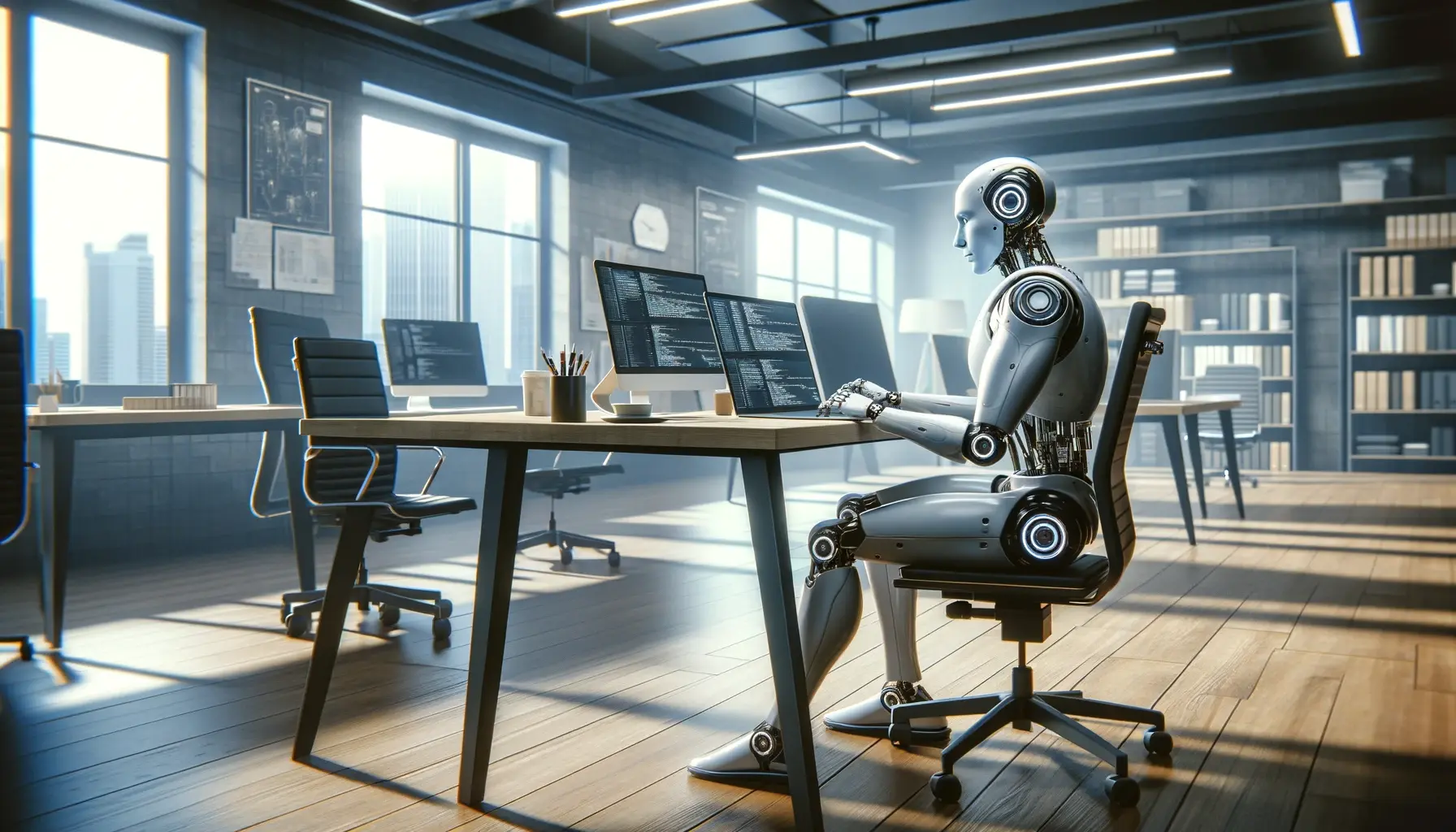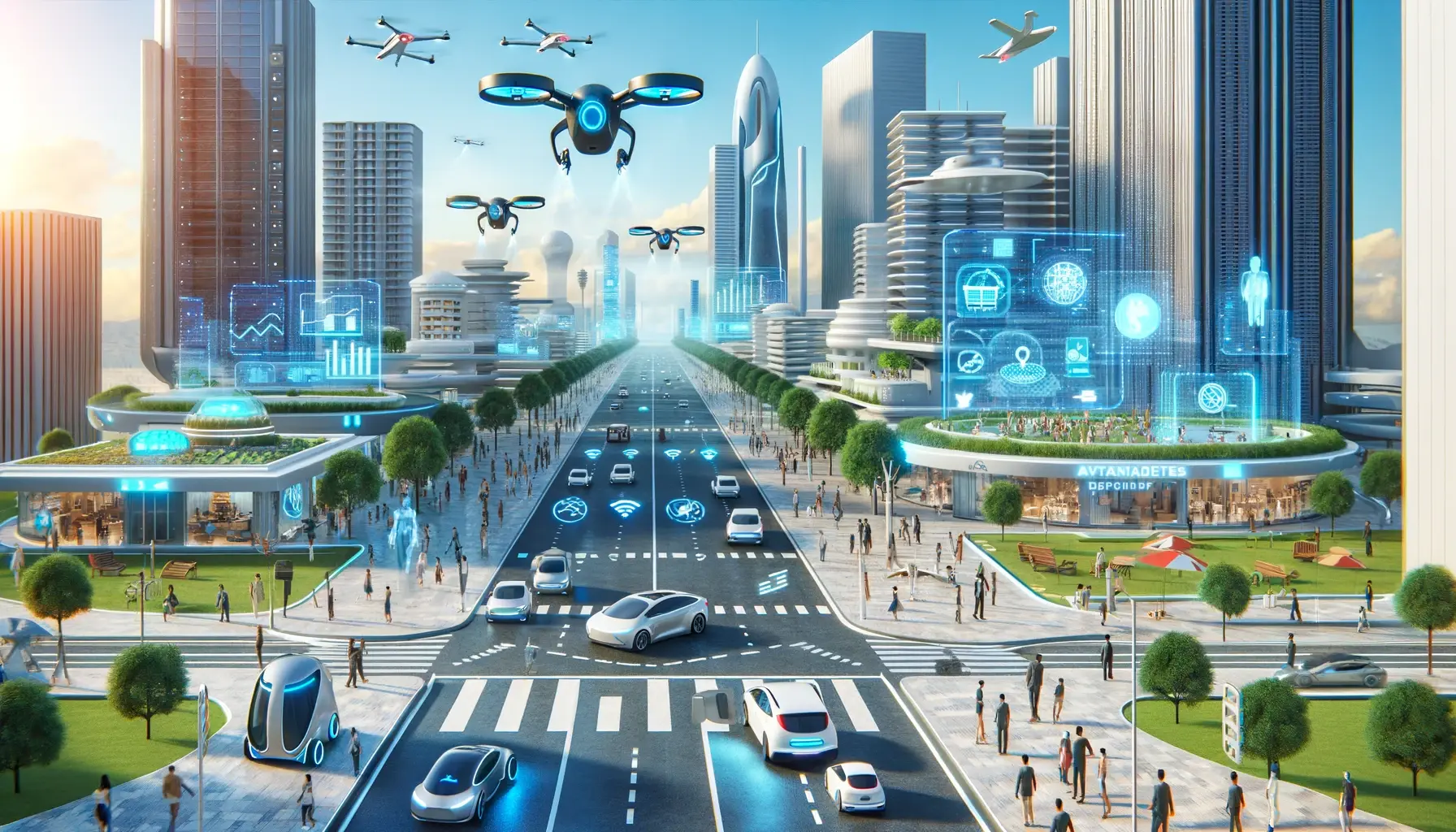The advent of Artificial Intelligence (AI) technology has brought about a seismic shift in numerous fields, with software engineering being one of the most profoundly affected. AI has not only changed the way software is developed but has also transformed the role of software engineers. In this blog, we delve into how AI technology is reshaping the job of software engineers.
The Evolution of Software Development
The integration of AI in software development has led to the emergence of more efficient, intelligent, and automated development processes. AI algorithms can now assist in coding, debugging, testing, and even in some aspects of design. This has significantly reduced the time and effort required for mundane and repetitive tasks, allowing software engineers to focus on more creative and complex aspects of development.
AI-Assisted Coding and Debugging
Tools like GitHub Copilot and IntelliCode leverage AI to suggest code snippets, offer coding recommendations, and detect anomalies in the code. This not only speeds up the coding process but also helps in reducing errors, leading to more robust software solutions.
Automated Testing
AI-driven testing tools can automatically generate test cases, predict the impact of changes in the codebase, and identify the most efficient testing strategies. This automation significantly enhances the speed and effectiveness of the testing process.
The Changing Role of Software Engineers
With AI taking over routine coding tasks, the role of software engineers is evolving. Engineers are now required to possess a blend of coding skills and an understanding of AI and machine learning algorithms.
Focus on Problem-Solving and Innovation
Software engineers are shifting their focus from writing code to solving complex problems and innovating. They need to think about how AI can be integrated into applications to enhance functionality and user experience.
Understanding and Working with AI
A fundamental understanding of AI and machine learning is becoming essential for software engineers. This knowledge is crucial not only for implementing AI solutions but also for understanding the limitations and ethical implications of AI technologies.
Collaboration Between AI and Engineers
The future of software development lies in the collaboration between AI and human engineers. AI can handle the heavy lifting of data analysis and basic coding, while human engineers focus on more nuanced aspects like user experience, design thinking, and strategic planning.
Enhancing Creativity
AI’s ability to process and analyze vast amounts of data can inspire new solutions and approaches, enhancing the creativity of software engineers. This collaboration can lead to innovative products that were previously unfeasible.
Continuous Learning and Adaptation
The rapid evolution of AI technologies requires software engineers to be lifelong learners. Keeping up with the latest AI trends and tools is essential for staying relevant in the field.
Ethical Considerations and AI Governance
As AI becomes more integrated into software development, ethical considerations and AI governance are gaining importance. Software engineers must be aware of the ethical implications of the AI systems they develop and ensure that these systems are fair, transparent, and respect user privacy.
Conclusion
AI technology is not replacing software engineers but is instead augmenting their capabilities, leading to more efficient development processes and innovative software solutions. The role of the software engineer is evolving, requiring a new set of skills and a focus on collaboration, creativity, and ethical responsibility. As we move forward, the synergy between AI and human intelligence will continue to be a driving force in the evolution of software engineering.
Stay updated with the latest in AI technology’s developments by following our tech blog!



